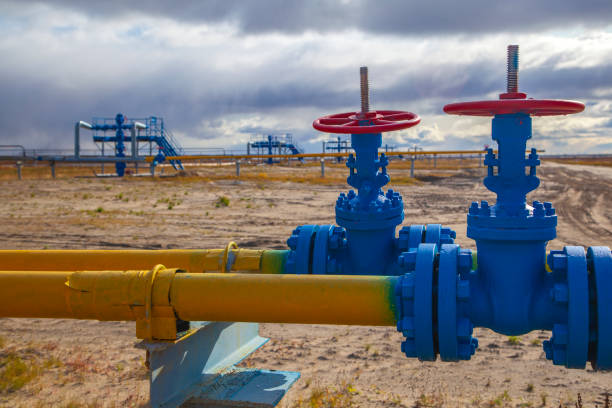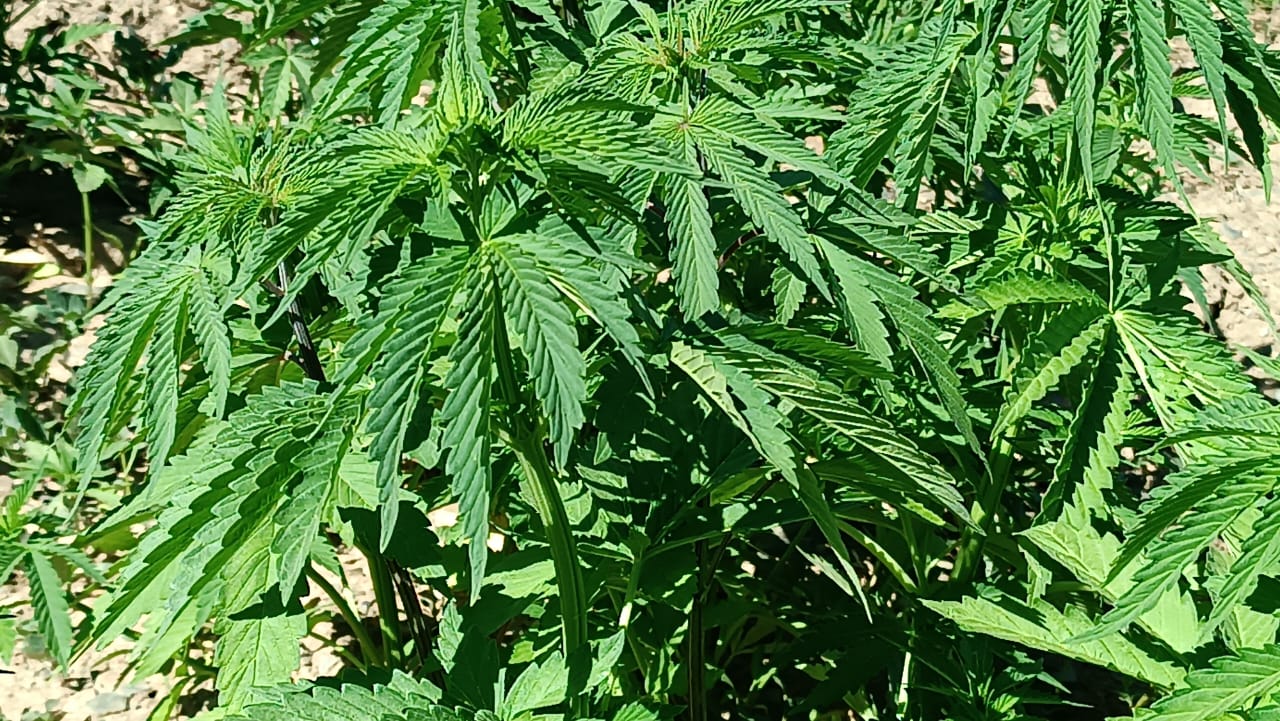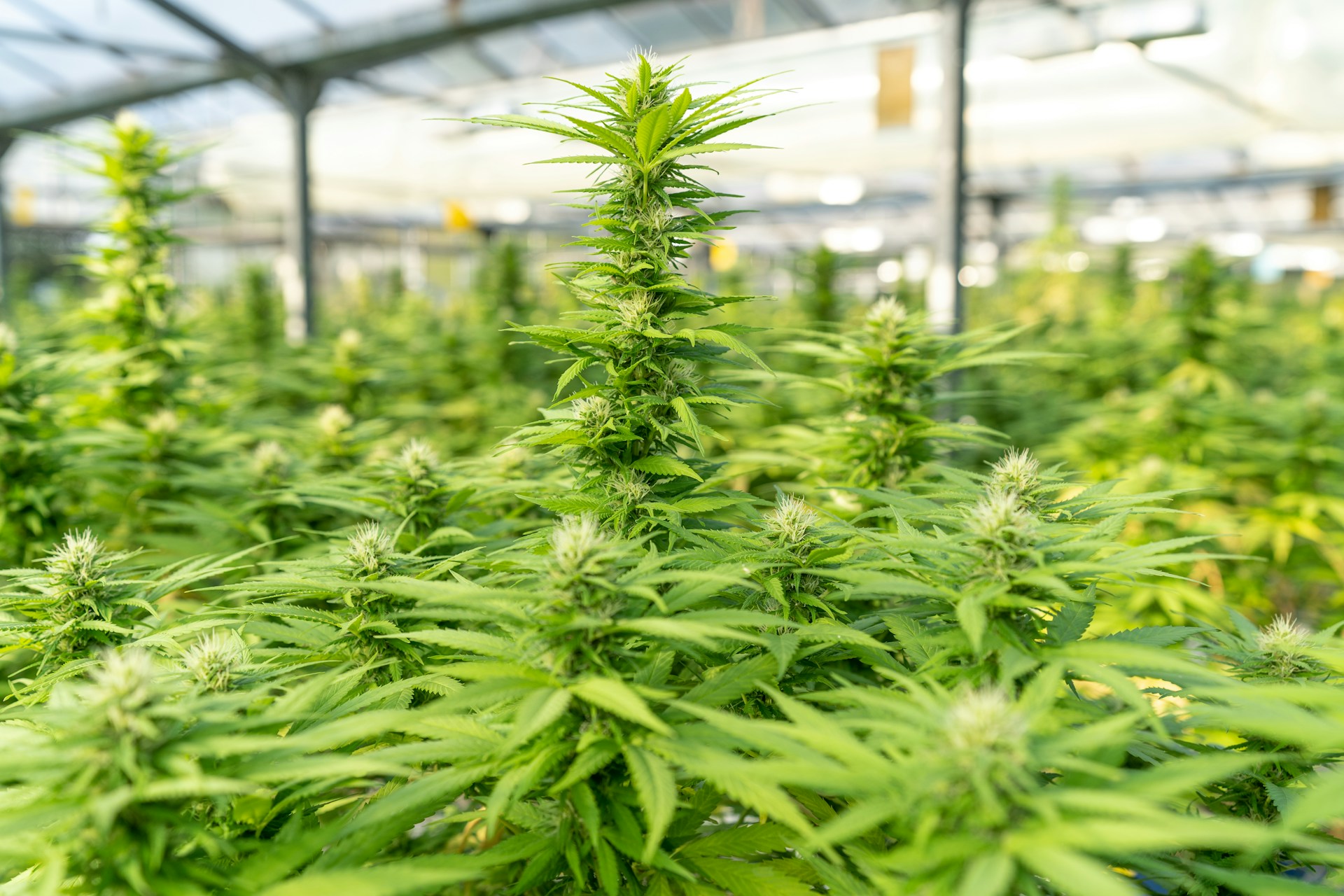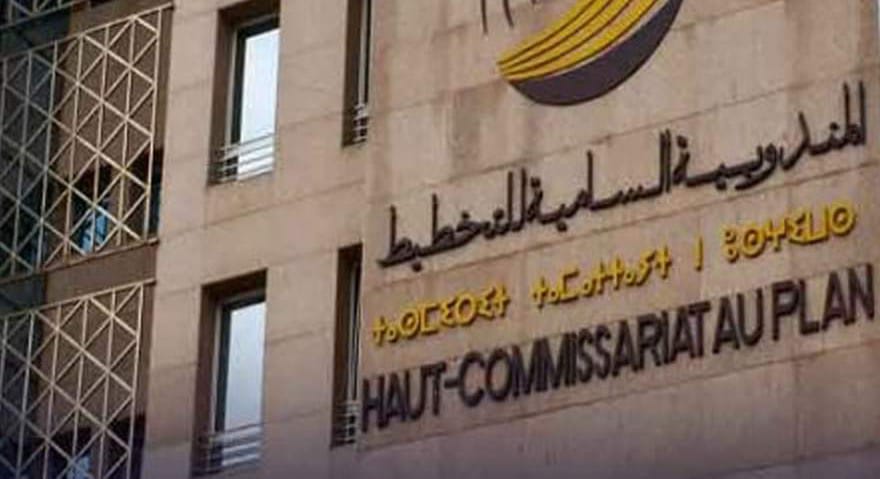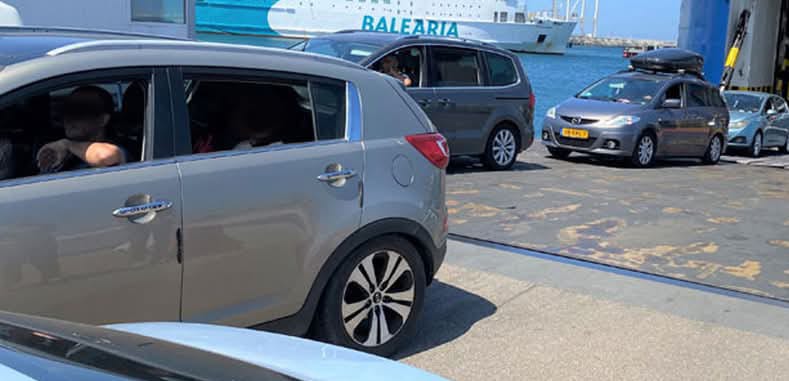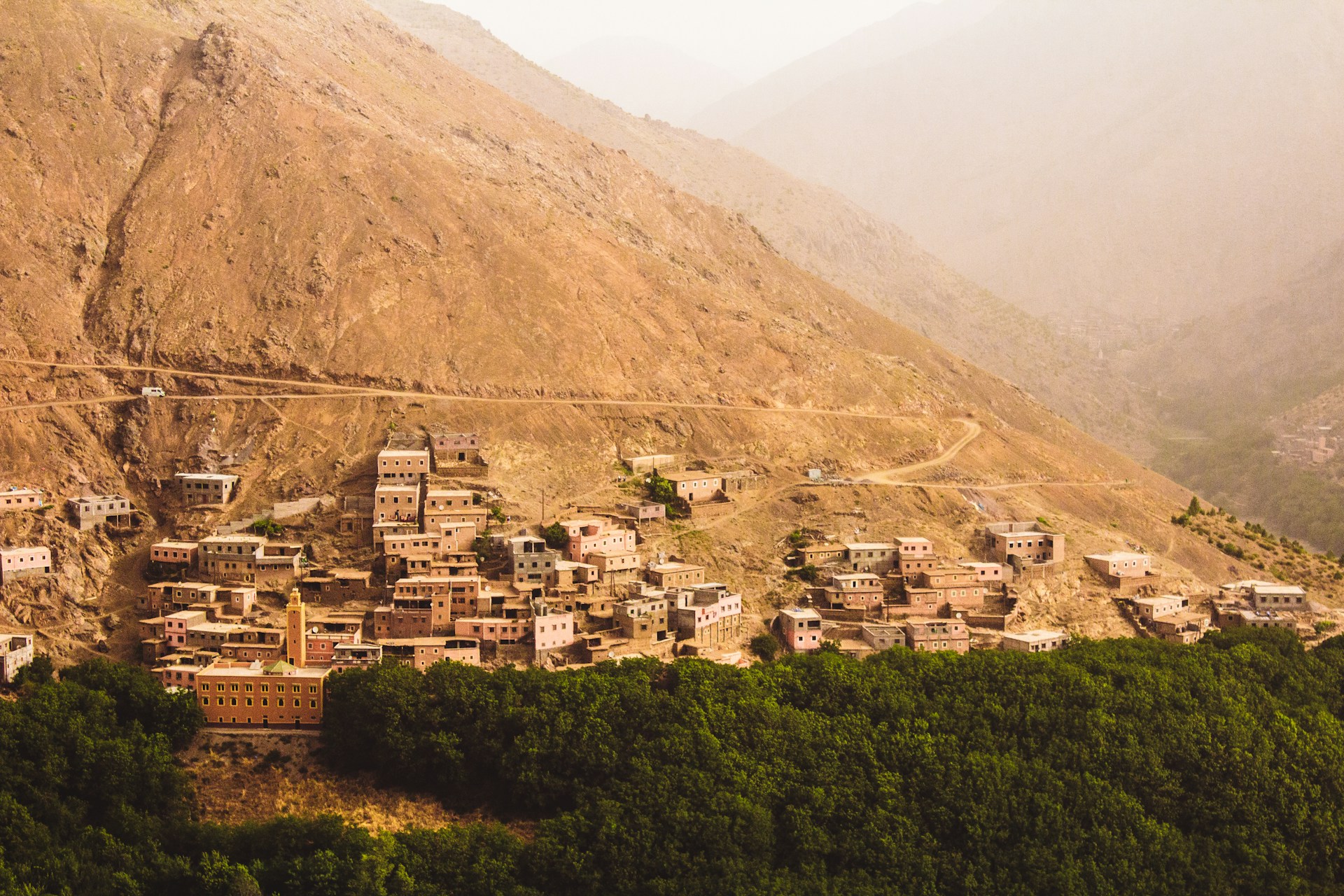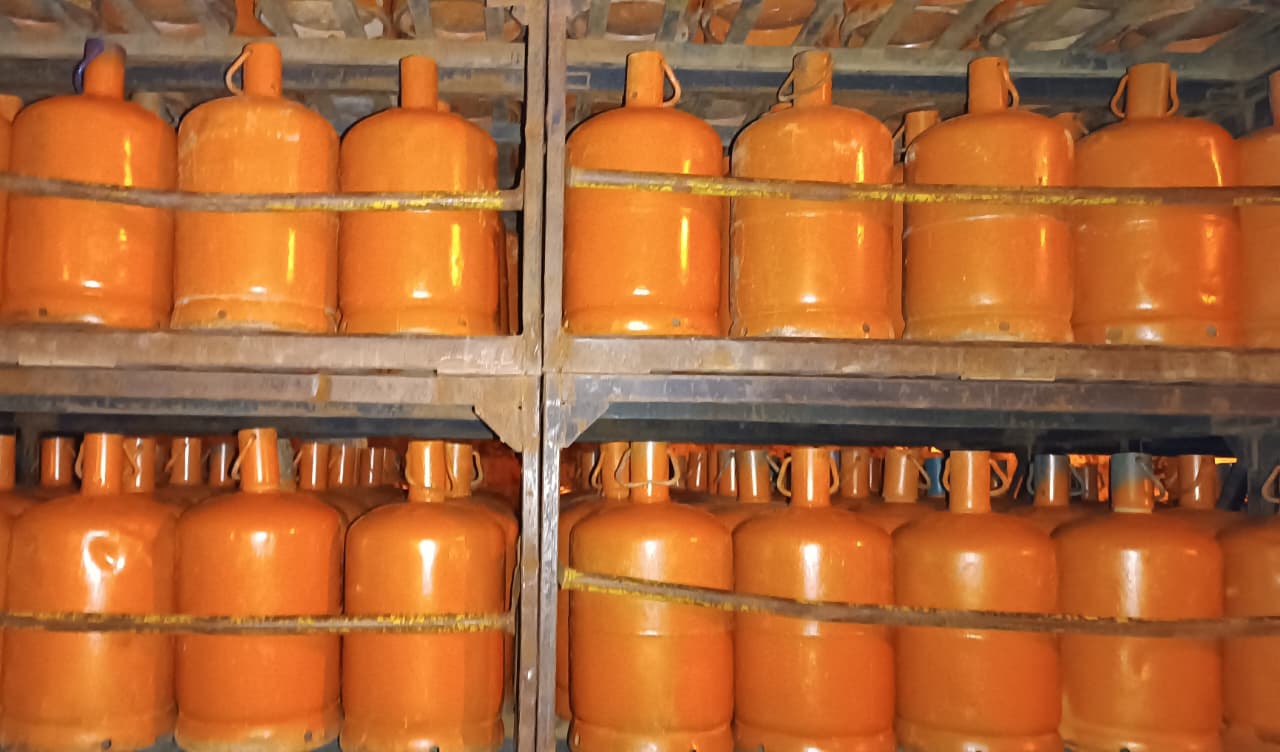Casablanca– The ambitious Nigeria-Morocco gas pipeline project, aimed at connecting the two countries and spanning across West Africa to Europe, has gained significant momentum as it enters its final stages of preparation. With studies nearing completion and international donors showing keen interest in financing, the project is set to become a pivotal infrastructure development for the region.
Laila Benali, Minister of Energy Transition and Sustainable Development, disclosed that the studies related to the pipeline project have reached their conclusive phase. Speaking to the House of Representatives, Benali highlighted the project’s importance, emphasizing its potential to stimulate regional integration, social development, and economic growth both within and beyond the immediate vicinity.
Benali further elaborated on the strategic significance of the pipeline, noting its traversing of 13 countries and its connection to Europe, making it a tangible link between economies and populations. She underscored the project’s potential as an alternative energy supply route, contributing to both regional and international energy security.
The project has garnered attention from international donors, with commitments from institutions such as the Islamic Development Bank and the development arm of the Organization of the Petroleum Exporting Countries (OPEC). These commitments signal confidence in the project’s viability and its ability to address energy needs in the region.
Furthermore, the Economic Community of West African States (ECOWAS), comprising fifteen member states, has decided to participate in the project as a partner. The signing of agreements with Mauritania, Senegal, Guinea, Ghana, Sierra Leone, The Gambia, and Guinea-Bissau further solidifies regional cooperation in the venture.
As preparations advance, critical milestones lie ahead in the coming months, including environmental and social impact studies, the establishment of the project company responsible for coordination, and the mobilization of international donors.
The pipeline, stretching from Nigeria to Morocco along the West African coast, will not only facilitate gas supply to coastal countries but also provide access to landlocked nations such as Niger, Burkina Faso, and Mali.
This landmark project is expected to significantly enhance the standard of living for millions, integrate regional economies, and combat desertification through sustainable energy provision. Moreover, it will offer substantial economic opportunities, aligning with Africa’s commitment to environmentally responsible development.
The Nigeria-Morocco gas pipeline project signifies a transformative initiative with extensive implications for West Africa and beyond. With growing international support, it stands ready to emerge as a cornerstone of regional development, nurturing economic prosperity and ensuring energy security in the years ahead.






